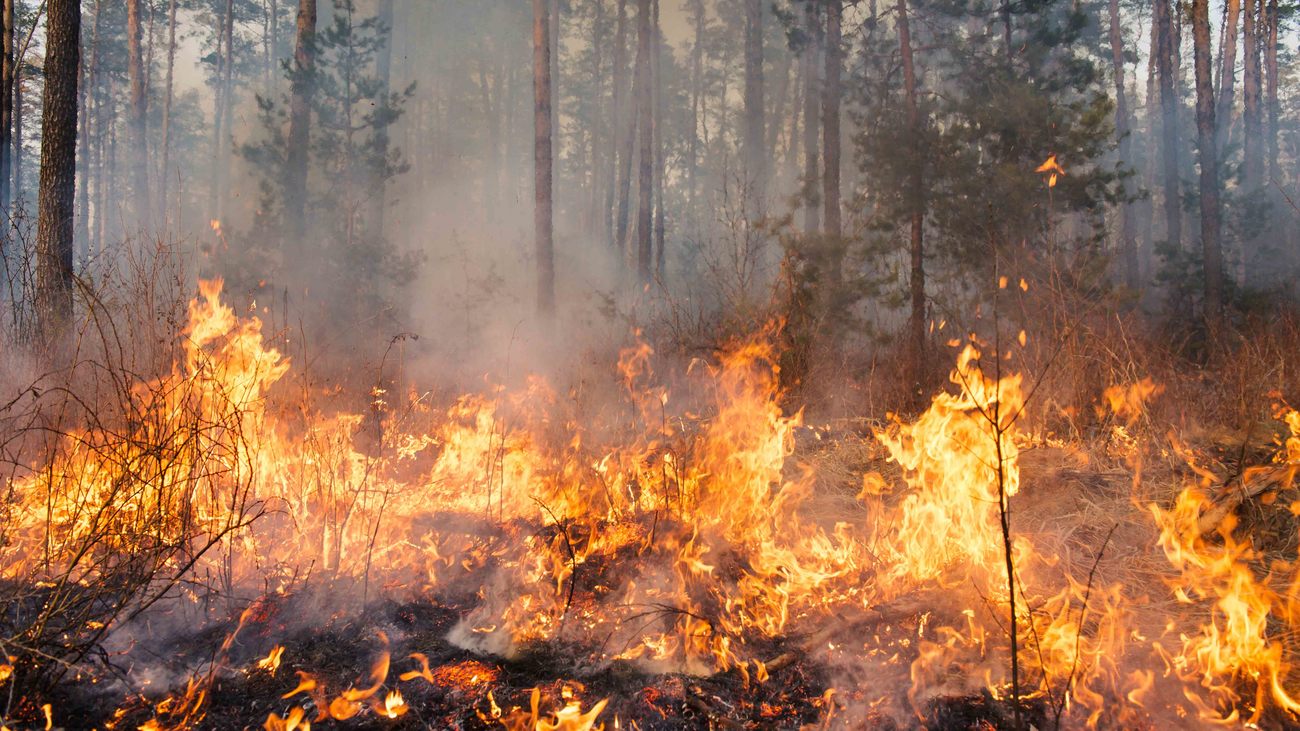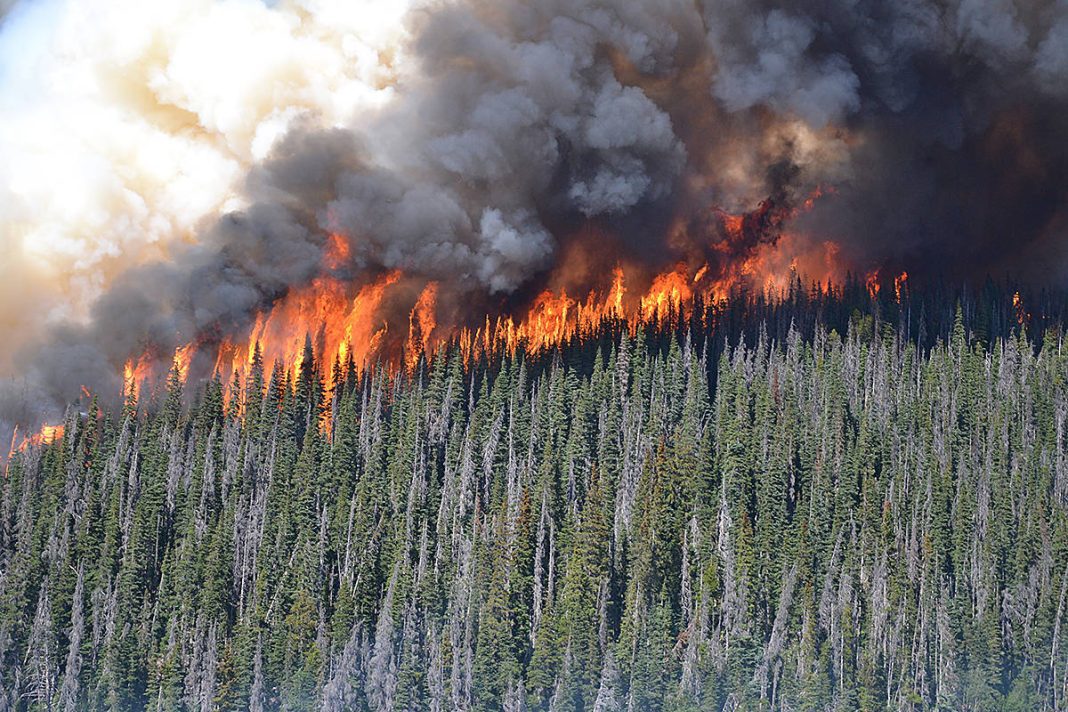Stay off the road if you can. If you have to go, have a plan, says Road Safety at Work.
Wildfires and the smoke they create can make driving even more dangerous, cautions Road Safety at Work. The best way to keep safe is to delay non-essential trips if possible.
“Intense heat, smoke, and debris on the road can affect both drivers and their vehicles,” says Trace Acres, Program Director for Road Safety at Work. “To help keep everyone safe, reconsider travel into or through areas that are under evacuation alerts or near them. Only go if you’re confident your travel won’t put you, other drivers, or emergency responders at risk.”
With some wildfires expected to burn into the fall and winter, drivers may need to adjust their plans for several months.
“One of the best things to do is know before you go,” says Acres. Whether you’re driving for leisure or work, consult credible, trusted sources for information about regions you’ll be travelling to or through. DriveBC.ca posts updated information on road and weather conditions.
If fires are burning alongside or near your intended route or destination, be aware that the situation can change quickly. “Emergency workers have plenty on their hands so they don’t need more traffic – and, potentially, more evacuees – to deal with.” Always follow instructions from emergency and traffic control personnel.
Plan your trip and include regular check-ins with someone along the way, especially if you’re planning to stray from major travel routes.

Other Tips from Road Safety at Work Include:
Drive calmly and cautiously
Don’t speed. Be alert. Increase your following distance to 4 to 6 seconds, similar to when driving in severe winter conditions. Keep your headlights and taillights on.
Avoid driving at night
The combination of temperature, moisture, dim lighting, and smoke can reduce visibility. When you drop into valleys or dips where there’s a creek, lake, or other water source, be prepared for visibility to worsen.
Roll up the windows
Inhaling smoke-filled air can harm your respiratory health and make you tired. Smoke can irritate your eyes, impairing your vision. Close windows and exterior air vents. Use the recirculation mode on your air conditioning. Switch it off every hour for about 15 minutes to allow the air filter to remove contaminants and let fresh air in.
Clean all windows, mirrors, and headlights
Built-up smoke and dust can impair visibility. Give windows, mirrors, and headlights a thorough cleaning before heading out.
Keep an emergency kit in your vehicle
Stock emergency essentials such as booster cables, bottled water, a “Help/OK” sign, and a map in case you lose cell reception and need to find an alternate route. Double-check your fire extinguisher and first aid kit. Pack a few N95 masks in case you need to get out of your car in a smoky area.
Keep your phone charged
Don’t get caught with a dead battery if you need to call for assistance.
Source: Safety Driven


